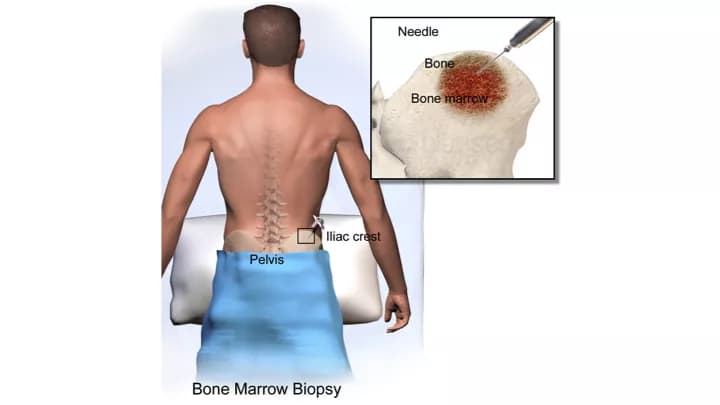
Frailty Among Young Bone Marrow Transplant Survivors Increases Risk Of Death
The prevalence of frailty in young bone marrow transplant survivors is similar to that seen in the elderly population and frailty is associated with an increased risk of subsequent death, according to a new study published online by JAMA Oncology.
Frailty, which is characterizes by exhaustion, weakness, low physical activity, slow walking speed and unintentional weight loss, is seen in about 10 percent of the general population 65 or older. Hematopoietic cell transplantation (HCT) to cure or control blood cancers exposes patients to high-intensity chemotherapy, radiation and immunosuppression. These exposures can damage normal tissues. Unfortunately, the cure or control of the underlying disease is not accompanied by a full restoration of health because long-term HCT survivors are at increased risk for a host of chronic conditions.
Smita Bhatia, M.D., M.P.H., of the University of Alabama at Birmingham, and coauthors examined frailty in young long-term HCT survivors (between the ages of 18 to 64) and a sibling comparison group. The study also looked at the subsequent mortality of HCT survivors.
The study included 998 HCT survivors (average age 42.5 years), who had transplants between 1974 and 1998, and who have survived at least two years after HCT, and 297 siblings. Frailty was defined as exhibiting three or more of the following characteristics: clinically underweight, exhaustion, low energy, slow walking speed and muscle weakness.
The authors report the prevalence of frailty was 8.4 percent among HCT survivors and that approached the 10 percent prevalence found in elderly populations. Allogenic (donor) HCT recipients with chronic graft-vs.-host disease were at increased risk of frailty.
Frailty was associated with a more than twice increased risk of subsequent death, the authors note.
The authors cite several study limitations, including that the study group had patients who underwent transplantation between 1974 and 1998 and that there have been significant changes in transplant strategies in the past two decades.
"These data support the hypothesis that therapeutic exposures and the high risk of post-HCT complications constitute a substantial stressor, placing HCT survivors at risk for frailty, and provides potential evidence for premature aging in this population. ... Finally, longitudinal surveillance of survivors is needed to identify those at highest risk and thus provide targeted interventions to prevent or improve adverse outcomes associated with frailty in this population," the authors conclude.
Related Articles
Test Your Knowledge
Asked by users
Related Centers
Related Specialties
Related Physicians
Related Procedures
Related Resources
Join DoveHubs
and connect with fellow professionals

0 Comments
Please log in to post a comment.